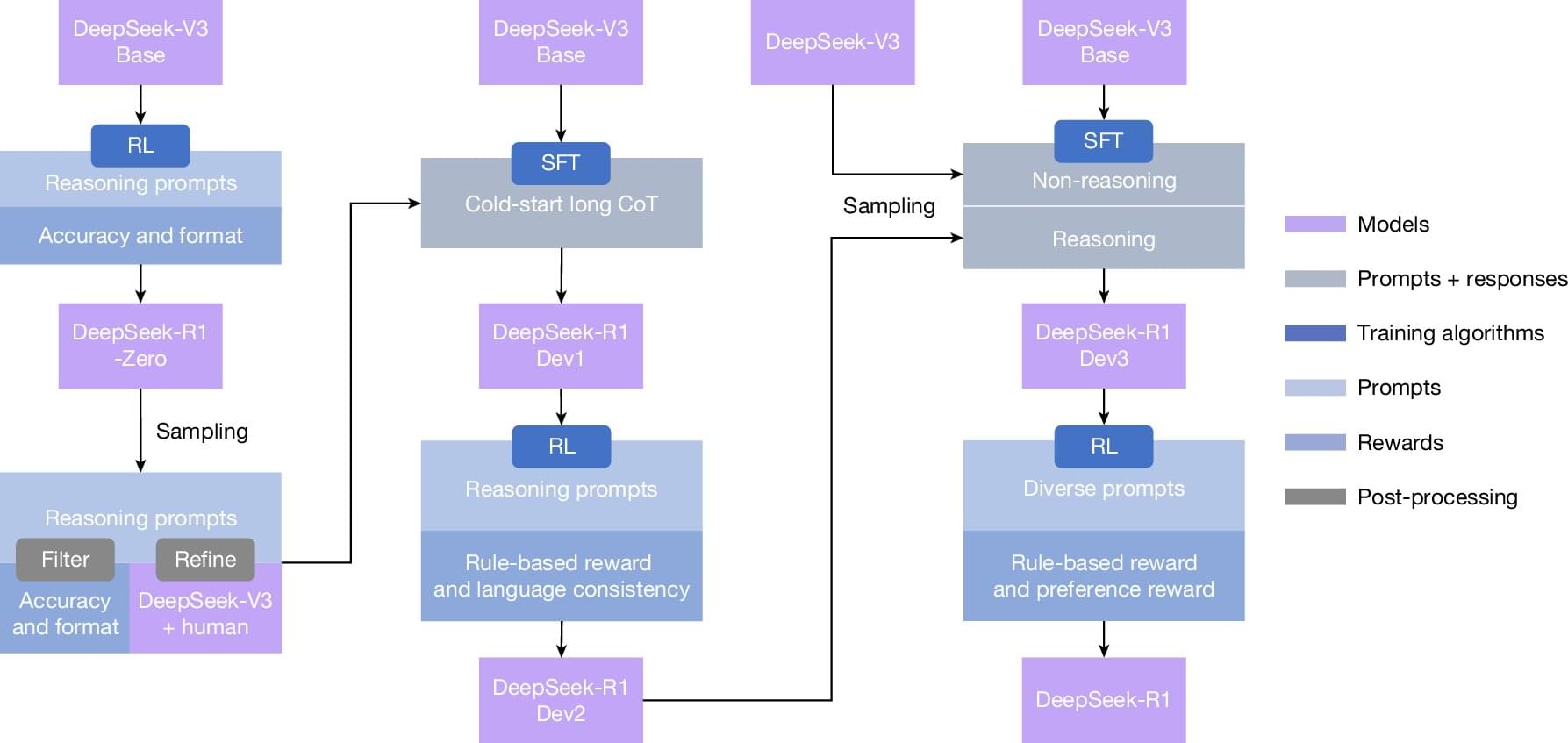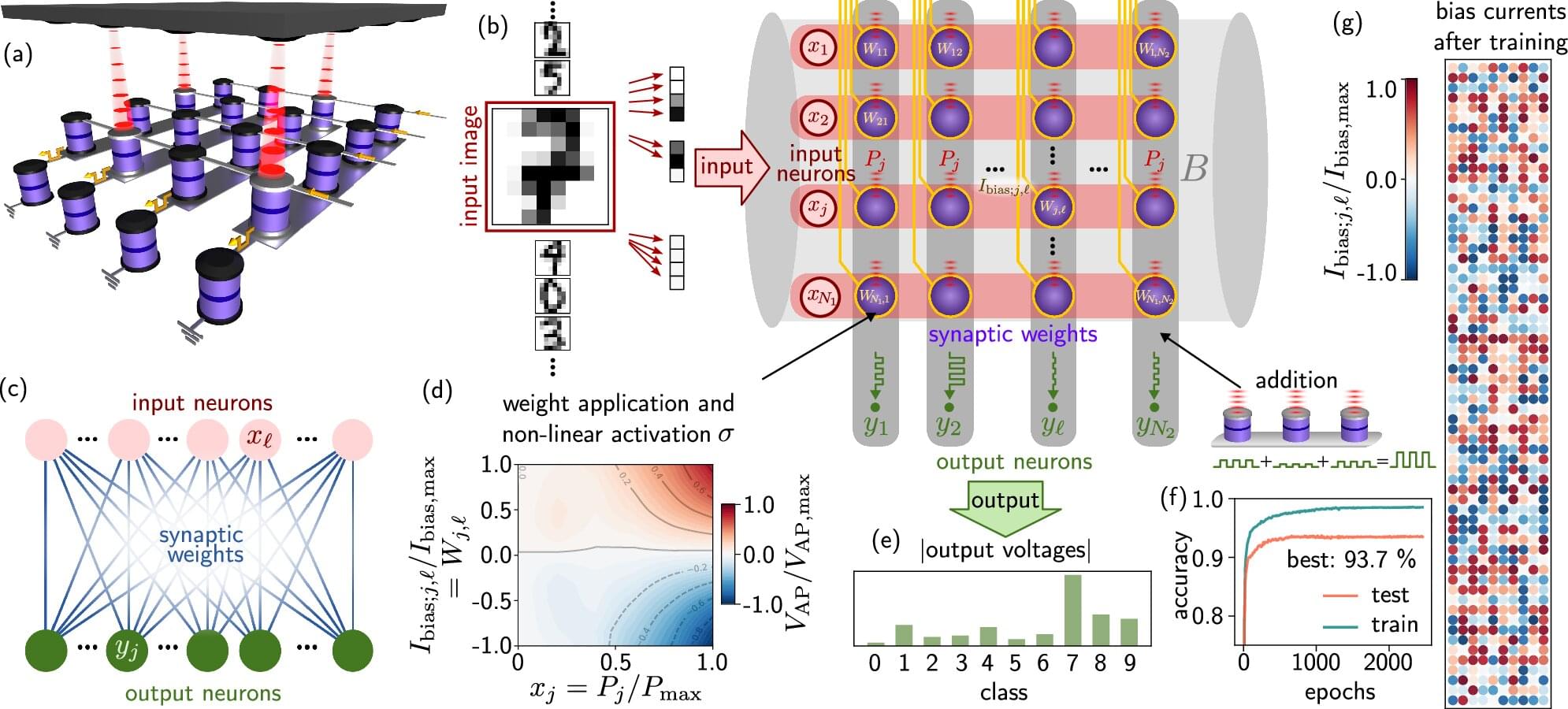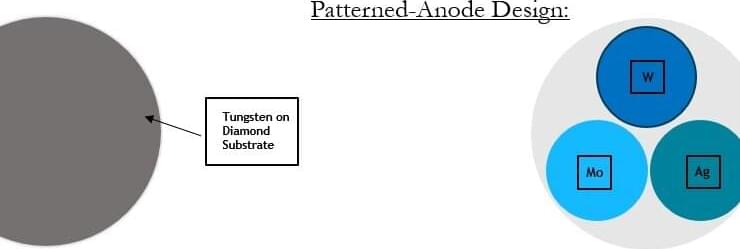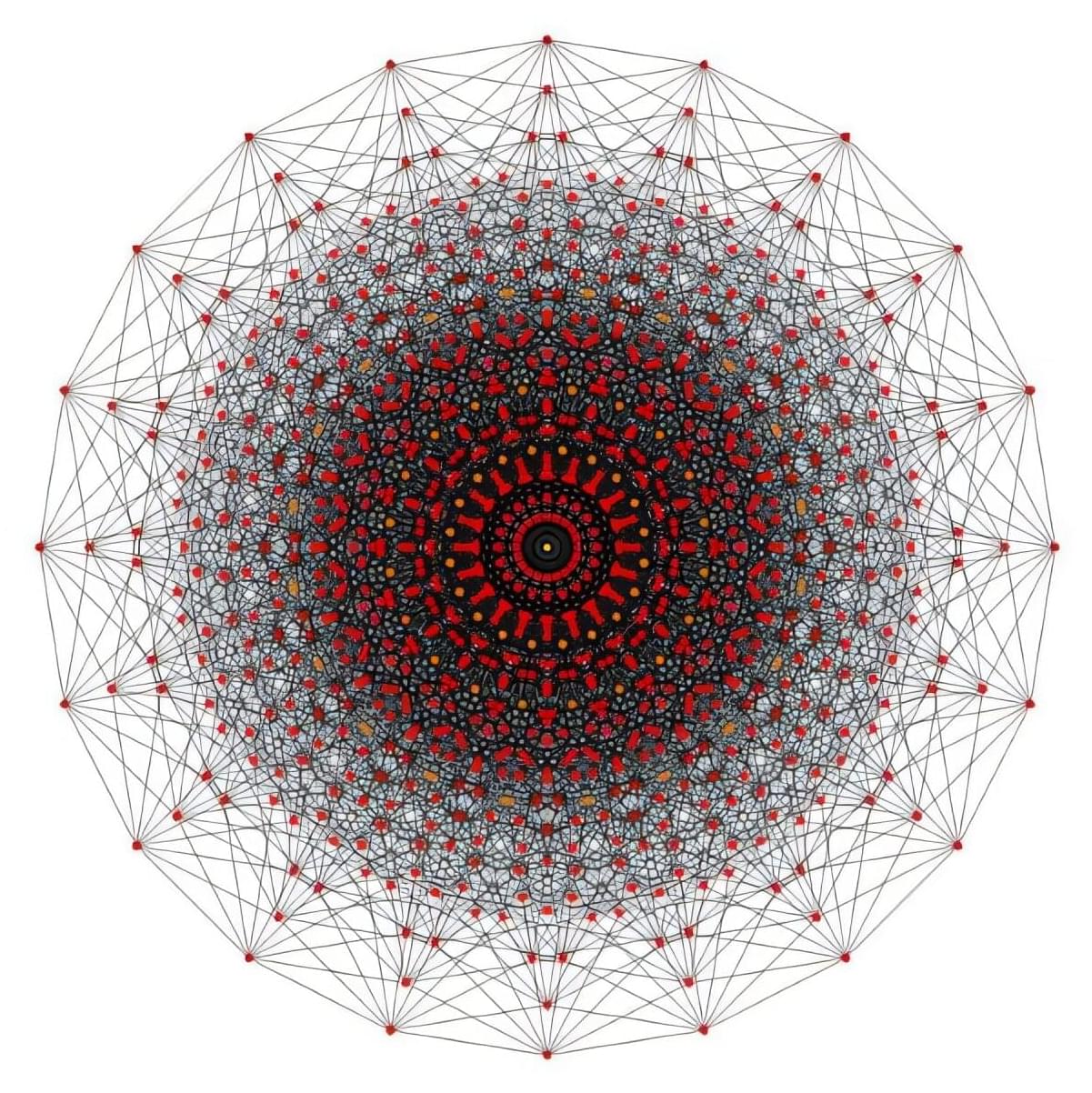Researchers at the University of Gothenburg have made light-powered gears on a micrometer scale. This paves the way for the smallest on-chip motors in history, which can fit inside a strand of hair. The research is published in the journal Nature Communications.
Gears are everywhere—from clocks and cars to robots and wind turbines. For more than 30 years, researchers have been trying to create even smaller gears in order to construct micro-engines. But progress stalled at 0.1 millimeters, as it was not possible to build the drive trains needed to make them move any smaller.
Researchers from Gothenburg University, among others, have now broken through this barrier by ditching traditional mechanical drive trains and instead using laser light to set the gears in motion directly.









